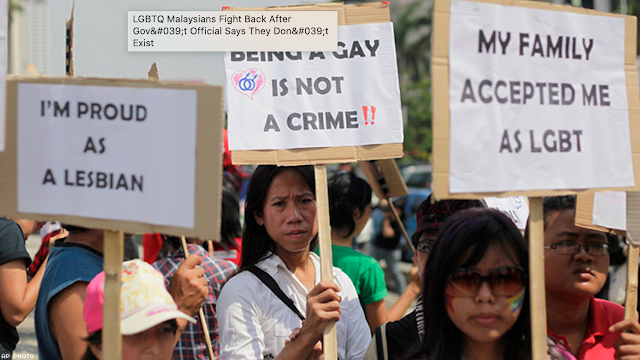YMCA KL brought the hearing through a “Journey Into the Deaf World” at YMCA Brickfields, KL during the celebration of International Day of Sign Language (IDSL).
International Day of Sign Language (IDSL) is an occasion to create awareness of the deaf community, culture and sign language as well as to educate the public on the daily lives of the deaf.


